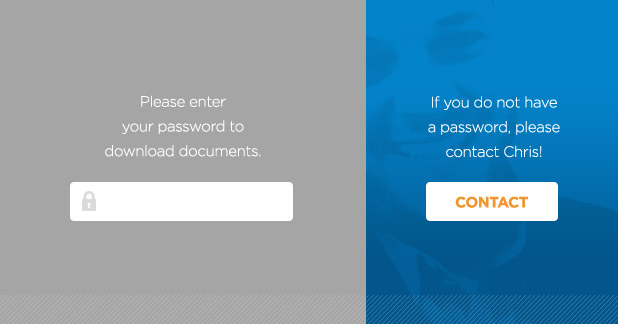Challenge:
The leaders I work with don’t set-out to become “quitters.” But, sometimes the situation they are facing certainly tempts them with the idea of giving-up. The circumstances vary: an economic down-turn, a loss of income, job-security fears, health concerns (ex. COVID-19), relationship troubles. Whatever the situation, you might become so overwhelmed, frustrated or perplexed that you mentally (and then physically) feel like giving-up. The more beset and behind you feel can easily lead to inaction. Psychologists call this inaction in the midst of a mounting negative environment “Learned Helplessness.”
Mindset Shift:
Interestingly, if you can ‘learn’ to become helpless, then you can also learn enough to counter it. This is the underlying principle of a unique field of study within psychology referred to as Positive Psychology. For the past half century, psychologists at some of the world’s leading universities and institutes have studied the traits and mental make-up of high performers. Ultimately, this revealed to us the concept of “Learned Optimism” (the cure for “Learned Helplessness).
Among the many aspects helping individuals thrive — especially during bad times — is their optimism. But, the concepts of optimism and pessimism are dangerous! The danger lays in the superficial, cliché definition of hope (or lack of hope) many of us ascribed to these two terms. Interestingly, hope has nothing to do with being an optimist or pessimist. Rather, ‘action’ is the key underlying difference between an optimist and a pessimist.
Performance Shift:
Without getting too detailed in this post regarding the features of Learned Optimism, I’ll keep it simple. In any situation, there may be many factors outside of your control, but, that does not mean you are without recourse. Studies show, optimists look for, search and find ways to take action in order to improve their situation — even if it’s just by a little bit. Whereas pessimists tend to roll-over, give-up and just accept the negative situation as their destiny.
Don’t roll-over and die. Fight, claw, push and forge a way forward! Even if it’s just by a little bit, that little bit puts you in the driver seat more so than if you just roll-over.
I don’t know what you’re going through. I don’t know what’s overwhelming you and tempting you to give-up. But, I do know this… the answer to your challenge comes by you finding creative ways to take more control over your situation. So, this leads us to a critical question… what action are you taking?
Don’t like your job? Okay, have you updated your resume and applied for any new jobs? If not, let’s go! Worried about losing your job because of an economic downturn? Alright, are you helping (with ideas or actions) to produce new revenue or ways to cut costs? In other words, are you demonstrating to others that your value goes beyond your mere day-to-day tasks? If not, then start! Control more of your destiny.
Please. Take it from someone who has struggled with clinical depression for years. Hiding in a bed or at home, doesn’t help anything. Complaining about a problem doesn’t improve it. And fretting about what might happen, doesn’t do anything to alter the outcome. Take more control by taking action!















0 Comments